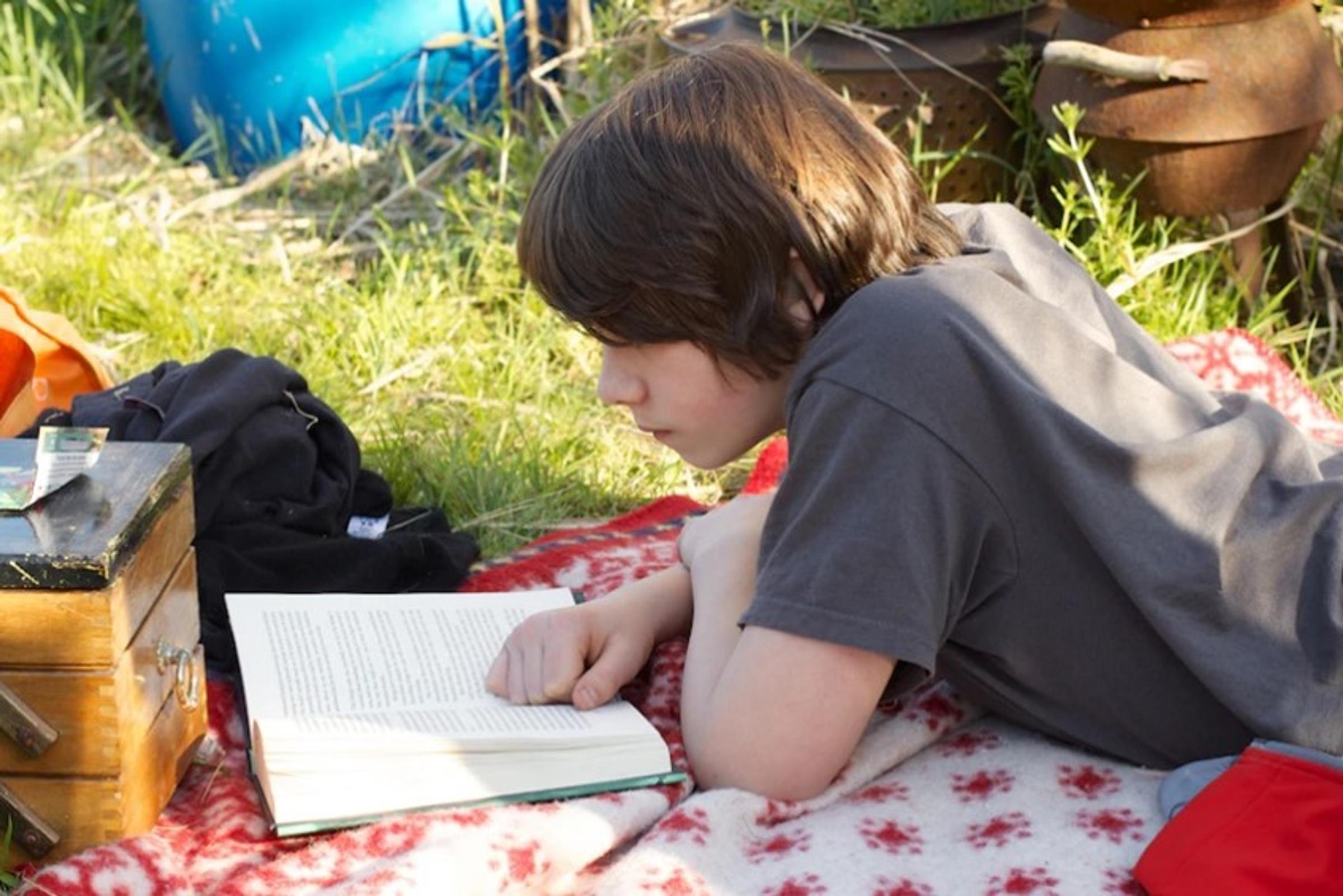Literacy News
Book Week and Literacy Week

Literacy News
Book Week and Literacy Week
LITERACY NEWS
Book week and Literacy week are coming up at the end of this month, where we celebrate all things reading and literacy.
We are fortunate enough to have published author and LNSC alumni, Maggie Jankuloska visiting the school to do a creative writing workshop with our students during Book Week this year. Maggie has recently released her very first novel, ‘The Rat Catcher’s Apprentice’ and we wish her nothing but success in her writing career.
For Literacy Week this year, we will be celebrating by encouraging students to participate in lunchtime literacy activities, including games, viewing a film and getting creative with book covers and bookmarks. On Friday September 2nd the school will host a costume day for all to participate in. Students are encouraged to dress as their favourite character from a text (any text – books, movies, TV, anime, comics, etc.) and enjoy a parade and celebrations throughout the day.
We kindly remind parents, guardians and students that their costume of choice needs to be school appropriate. Lalor North can’t wait to celebrate Literacy and Book Week with you all!


Image: https://maggiejankuloskawriter.wordpress.com/manuscripts/
HOW TO HELP YOUR CHILD WITH THEIR LITERACY AT HOME
For parents and guardians wondering what they can do to help boost their child’s literacy outside of the classroom, here are some helpful starting points:
USEFUL RESOURCES FOR PARENTS/GUARDIANS
While many of the resources available to parents and guardians are marketed at primary aged students, the general principles can be applied to students of any age: